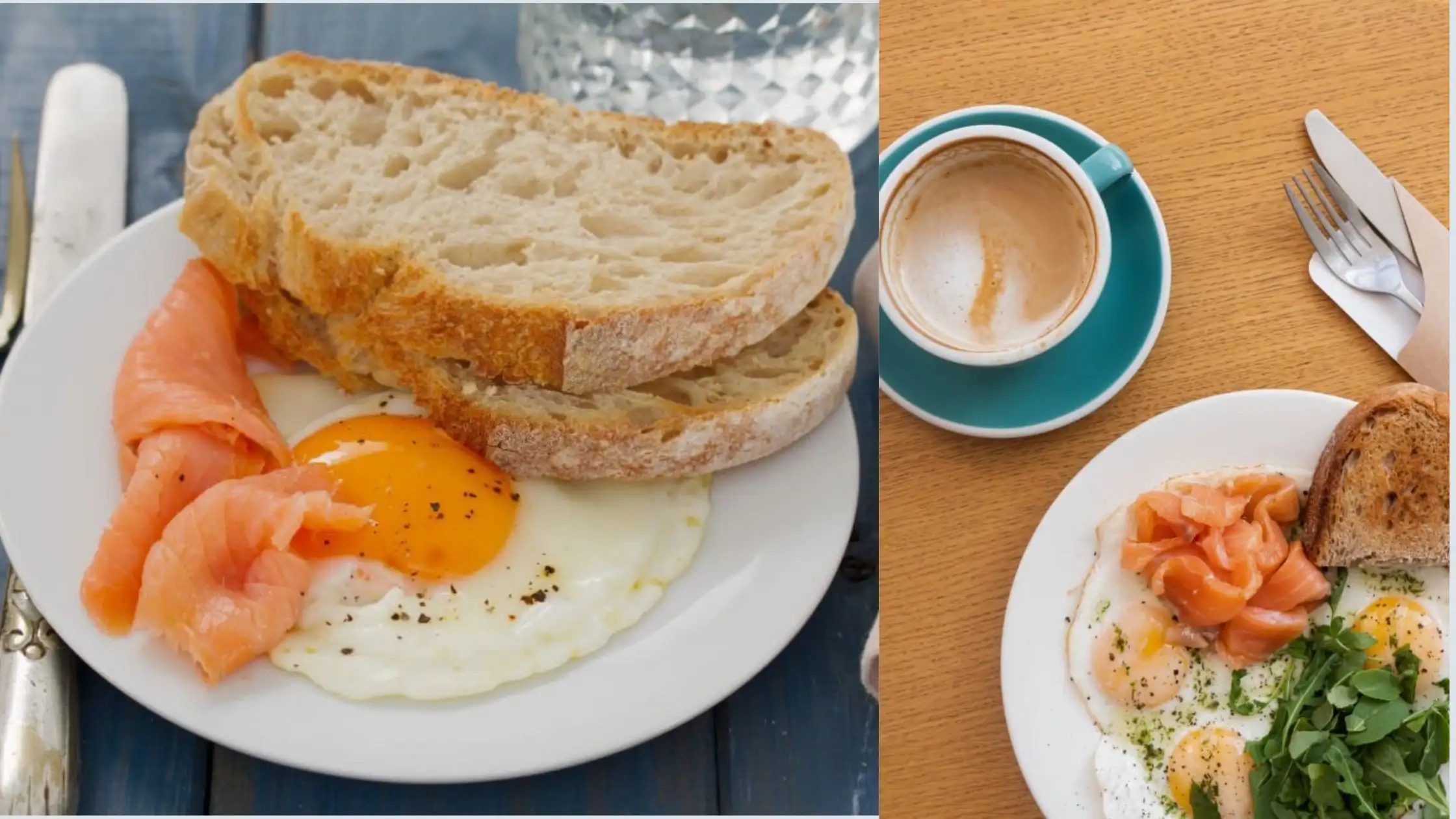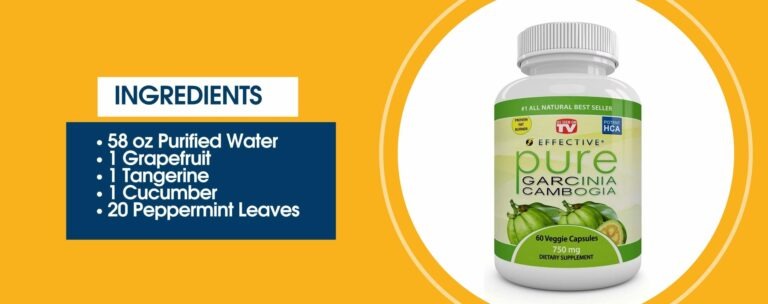The Military Diet: All You Need To Know About This Form Of Diet!

Ever heard of a “military diet”? If you haven’t, you will in a moment. The phrase kind of begs the question of whether this particular diet plan is strict and orderly. Let me clear up all your doubts regarding this matter, starting with what the term refers to.
This article will give you detailed information regarding the Military diet, meal plan to follow, pros and cons of the diet, and much more. So let’s dive in.
Military Diet: An Overview
The military diet is actually a 3-day diet, a quick weight loss plan that helps you reach your personal goal. With this diet plan, you will even lose 10 pounds in a week. In the duration of a week, 3 days take up the calorie-restricted meal plan, and the rest of the 4 days are all yours.
But then again, that does not mean you can eat whatever you want; it still has to be within the limits of a less restrictive but fixed meal plan. This weekly cycle turns into a month to reach your target goal, or maybe even earlier.

It is already clear that the military diet plan is a kind of intermittent fasting since it deals with intermittent calorie restriction.
Let me break the plan down a bit more so that it is easier to take in. This weekly diet plan can be observed in two phases. Phase 1 consists of the first 3 days, and Phase 2 gets the last 4 days of the week. In the first phase, a predetermined menu is developed for breakfast, lunch, and dinner without any sneaky snacks.
The only calorie intake during this phase is approximately between 800 and 1200 calories every day, with a total average daily calorie intake of 1100–1400 calories.
Military Diet Meal Plan
We have already established that there are two phases to the plan. For the 3-day meal plan, the division of calorie intake is done in 3 parts: breakfast, lunch, and dinner. Let’s now look at a brief review of what Phase 1 looks like.
✅ Breakfast options:
- A single slice of toast with 2 tablespoons of peanut butter, and ½ grapefruit
- A single slice of Toast with 1 egg and ½ Banana
- Saltine crackers (up to 5), 1 apple, and 1 slice of Cheddar cheese
- Beverages: 1 cup of Coffee or Tea
✅ Lunch options:
- 1/2 cup of Tuna and 1 slice of toast
- 1 cup of cottage cheese, egg, and saltine crackers (up to 5)
- 1 egg (cooked or boiled) with 1 slice of toast
- Beverages: 1 cup of Coffee or Tea
✅ Dinner options:
- 3 ounces of meat, 1 cup of green beans, 1/2 banana, 1 apple
- 2 hot dogs (without the bun), 1 cup of broccoli, 1/2 cup of carrots, and 1/2 banana
- 1 cup of tuna and 1/2 banana
✅ Dessert:
- 1 cup of vanilla ice cream
While the first 3 days of the diet have a predetermined menu, the other 4 days are less restrictive. Let’s look at what you could eat during Phase 2 of a military diet:
✅ Breakfast options
- Yogurt Parfait
- Toast with egg
- Cinnamon Oatmeal
- Oatmeal with nuts and berries
- Walnut waffles and berries
- Cheesy omelette
- Beverages: Banana and Honey Smoothie
✅ Lunch options
- Protein salad
- Vegetarian Quesadilla
- Tuna Pita
- Chicken salad pita
✅ Dinner options
- Sushi
- Shrimp and Zucchini pasta
- Shrimp fried brown rice
- Italian sausage pasta
- Chicken with rice
It even has a well-balanced diet plan for people with dietary restrictions or preferences. For vegetarians and vegans, all you will have to do is swap the eggs, tuna, meat, cheese, and hot dogs for nuts, tofu, and lentils. Also, for the ice cream and cheese, you can have soy ice cream and vegan cottage cheese.
For those who are looking for a gluten-free diet, you can simply opt out of toast and crackers and choose gluten-free options. And those who cannot consume a lot of salt can get a low-salt menu for processed food items. Instead of saltines, you can have rice cakes or melba toast (low salt).
How Does The Military Diet Work?
Like every other strict diet plan, this one also takes up just as much space. It works with a platter of the right food items to consume and precise timing to make it a habit. It works just like any other, bringing together the nutritional value of the food items and reducing the calorie intake accordingly.

With a reduced calorie intake, you will see your body change, losing all that stubborn fat around the body and converting your unhealthy body into a lean and fit version of yourself. It takes effort over a short period of time—a week at most—to begin.
Plus, within a month, you will be able to expect the body of your dreams without a lot of effort. And during the off days, you cannot simply slack off either; you will still have to follow a diet plan but with fewer restrictions. Plus, the diet plan advocates a 3-day diet to be effective in the proper way to lose weight without much interference with the metabolism.
Pros And Cons Of Military Diet
There are several pros and cons to consider when choosing a diet plan. Of course, it will have to first and foremost fit into your lifestyle while also taking cautious measures regarding the expenses you will incur. Here are some ways that this diet plan wins over others and the defects it may have at the same time:
Pros
The biggest advantage you will find with this sort of diet plan is that you will actually be able to lose weight. Plus, the military diet plan is affordable and does not keep your grocery shopping for long and expensive items. The meal plan consists of very simple day-to-day food items that you can make at home. All you have to worry about is the number of calories you will be consuming. It provides a well-structured diet plan with instant results.
Cons
A low-calorie diet may be effective but not as sustainable for everyone at the same length. For some, the cravings may rush back just as soon as you are in your own space, and adhering to the strict plan fails just like that. Another risk that could become an issue is binge eating. Since you will be following a restrictive diet plan, some of you might have the urge to stuff more food once you relax, even for a bit. Another concerning matter is the reduced intake of nutrients and lowered energy levels.
Conclusion
The military diet is a well-known diet plan for instant weight loss. It lays out a structured plan of eating fewer calories for three days, followed by four days where the restrictions are slightly less. Though these are the days off, to keep going with the diet routine as planned, there is a low-calorie meal plan prepared for the last 4 days as well.
The diet plan is not as complicated as it sounds, though. You can get all the meals on the plan locally without spending a lot of money. While there is a promising advantage to losing stubborn weight, there are certain risks involved as well. It is always best to consult with a dietitian and get your health in check if you decide to give the military diet a try.
Frequently Asked Questions
Some of the foods you must avoid on a military diet are Artificial sweeteners, butter, creamers, fruit juices, milk, oranges, sugar, and yogurt. You cannot consume alcoholic drinks either.
Yes, you must follow the plan, even after the first 3 days. In fact, the military diet follows a less strict diet plan for the remaining 4 days.
The best thing that you can do to lose weight is to balance your menu by adding just the right amount of carbohydrates, lean protein, and healthy fat. A proper lifestyle with healthy routines is also necessary while following the diet.





